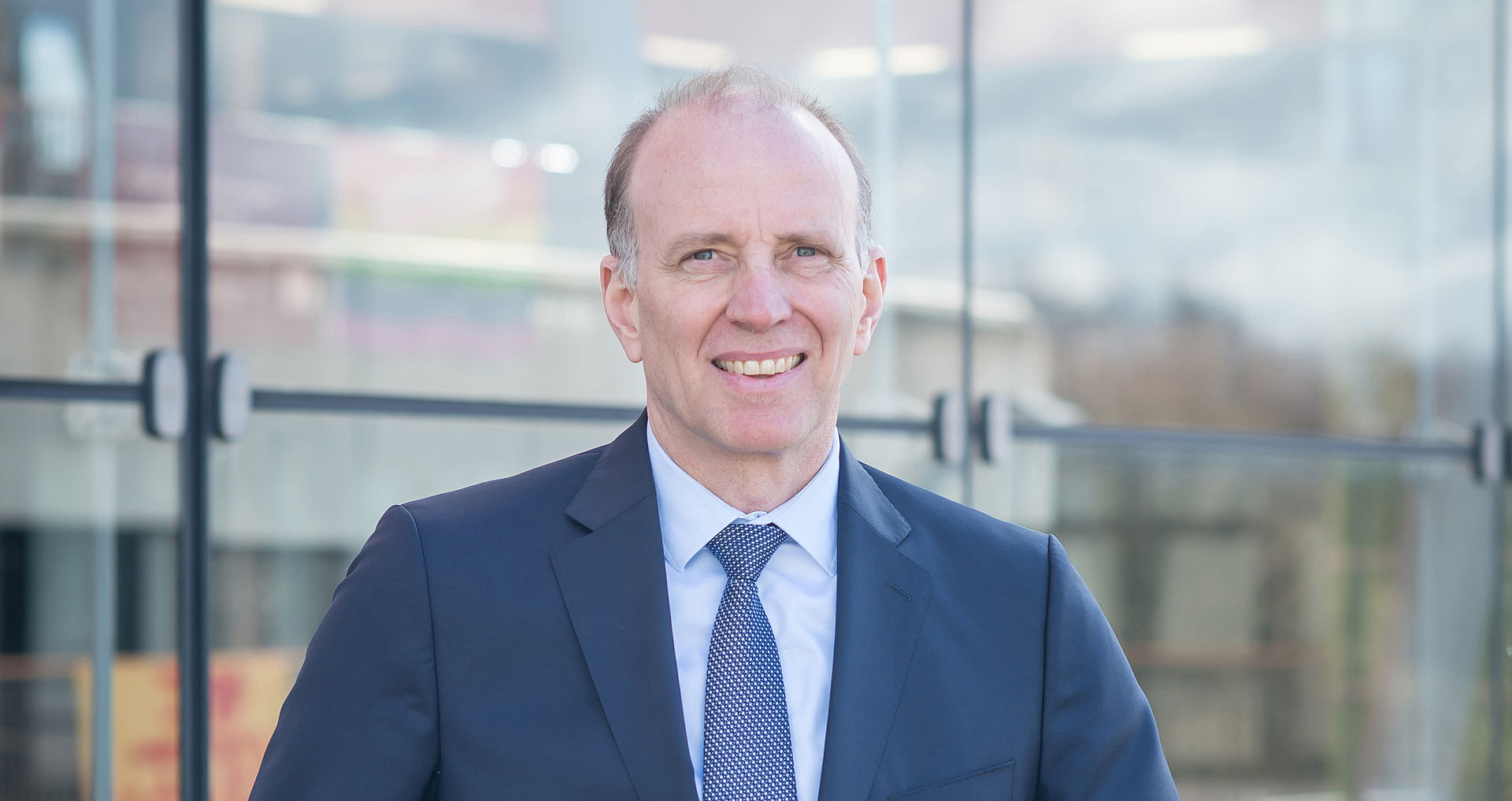August 27, 2021. Svenja Schulze, the German Federal Minister for the Environment, recently said during a visit to our company in Bremen that it might not be obvious at first glance why a politician like her would visit a space company like OHB. The sentence is absolutely correct. However, on the other hand, it also proves how little knowledge there is among the general public about the links between politics, science and business in the fight against climate change. The models of climate research would be less good and helpful for policy decisions without data from space. After all, for decades now, satellites have been built not only at OHB but also at space companies all over the world to carry out weather, climate and environmental observations, thus making a major contribution to understanding the Earth system as a whole.
Climate change is man-made
The events of the past few months have finally brought home to mankind that something is no longer right with the climate. Forests are burning all over the world, threatening more and more inhabited areas, even metropolises like Athens; the ice is melting so fast that research teams can literally watch it happen; extreme weather events are following at ever shorter intervals - the flood disaster in western Germany has now made this impact of the climate crisis clear in our immediate vicinity; most recently, the latest report by the Intergovernmental Panel on Climate Change (IPCC) has once again made it clear that climate change is man-made. And it has stated loudly and unequivocally that we really don't have any more time to talk and debate - action must be taken.
But in order to make the best possible decisions, we need even more and even better data on the state of the climate. This was also emphasised by Svenja Schulze during her visit to OHB. And Antje Boetius, Director of the Alfred Wegener Institute for Polar and Marine Research in Bremerhaven, also emphasises the special perspective which observations from space open up for us. I still remember our telephone conversation in the summer of 2020, when the AWI expedition MOSAiC had returned to Bremerhaven. She was very emotional about what her scientists had brought back in terms of findings: on the one hand, that the worst forecasts for 2020 had been exceeded. And for another, that the climate catastrophe is irreversible and the data situation is much worse than expected. From space, it is simply easier to record the use and also the destruction of the Earth's surface. For example, illegal fishing, slash-and-burn agriculture or logging can be precisely documented. The problem at the moment is that it is still far too easy to sneak away. This is no longer possible when looking down on the Earth from space.
There will be 24/7 climate monitoring
We have just reached a phase in which we are entering the operational monitoring of the Earth's climate with satellite programmes such as the European Earth observation mission Copernicus. The CO2M mission, which OHB is currently developing on behalf of the EU, will make it possible to measure CO2 emissions in the atmosphere, for instance, and thus to locate the polluters very specifically. What is more: in the future, satellites will even be able to catch these polluters in the act in the truest sense of the word by providing round-the-clock coverage of the Earth. In the future, there will be 24/7 climate monitoring. This will also be urgently needed in order to achieve the agreed climate targets, but above all to sanction those countries that do not comply. Politicians will therefore have better data in the future not only to make their decisions, but also to prove their correctness and, above all, their necessity. This, in turn, will make the decisions more legitimate. At a time when contrarians and other conspiracy groups are sowing doubts about the seriousness of science, it is enormously important to work with data and facts that are beyond doubt.
Talking to scientists and researchers has made it clear to me that it is imperative that we act more quickly - and we must also use all available means to do so. In my opinion, that includes the technologies of so-called geoengineering and solar radiation management. We should also move quickly to test some of these technologies. And money should be a secondary consideration. In the pandemic, countries also acted immediately and accepted enormous financial expenditures without hesitation. If money is now cited as a problem in the fight against climate change, then I think that's a ridiculous argument. After all, it is about preserving our planet.
We should use our power to save Earth
Because I would like to dispel one myth about climate change at this point: that one day we will simply climb into spaceships to move to Mars or another planet in our solar system. This is not going to happen. The dream of a multi-planetary society sounds very nice, but it will stay unrealistic for a very, very long time. Especially the much discussed Mars is not at all suitable for this. There is almost no atmosphere and the soil is toxic. In comparison, the nastiest Antarctic winter is a wellness programme. I am not against scientific missions to Mars, and one day I could even imagine mankind operating a research station there like the one in Antarctica. But Mars is not the solution to our climate problem on Earth. In other words: Mars is not our rescue ship! So instead of working on our exodus from Earth, we should rather use all our power and creativity to clean up the mess we got ourselves into on our own planet during the last 200 years.
Personal details:
Born in 1962, Marco Fuchs studied law in Berlin, Hamburg and New York. He worked as an attorney in New York and Frankfurt am Main from 1992 to 1995. In 1995, he joined OHB, the company that his parents had built up. He has been Chief Executive Officer of OHB SE since 2000 and of OHB System AG since 2011. Marco Fuchs is married and has two children.


